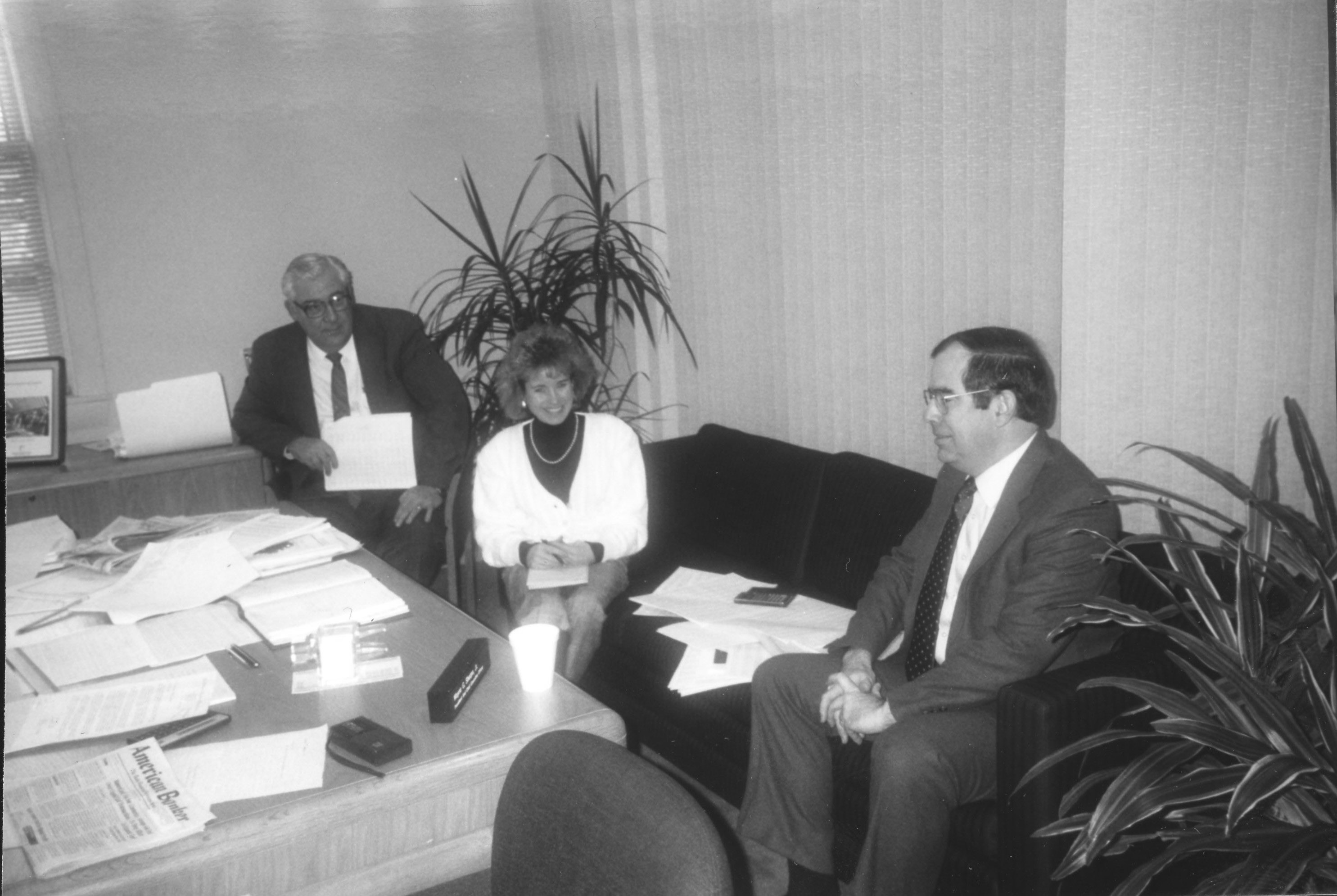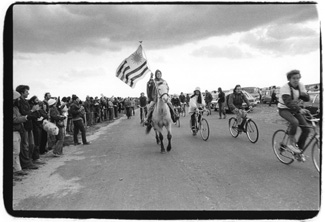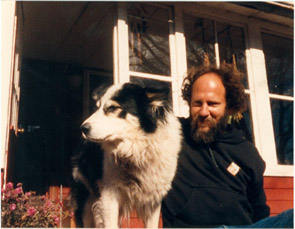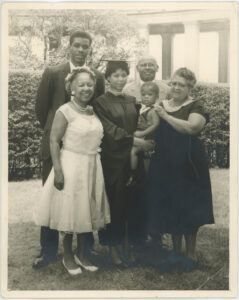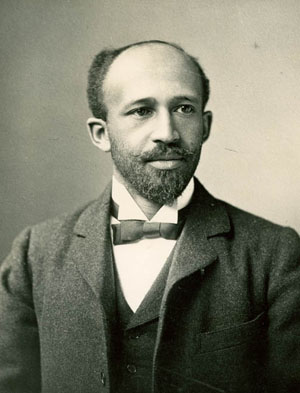David Graham Du Bois Papers
1972-1996
7 boxes 6.5 linear feet
Call no.: FS 034
David Graham Du Bois was a visiting lecturer in the Journalism and African-American Studies Departments from 1983 until his retirement in 2001. Du Bois was the son of activist and artist Shirley Graham Du Bois, who married W.E.B Du Bois in 1961. Du Bois earned his B.A. at Hunter College in 1950 and a Masters in American Civilization from New York University in 1956. After studying at Beijing University, he traveled to Cairo, Egypt, fell in love with the city, and settled there in 1961, working as a foreign correspondent for the Pacific News Service, Variety, and as an assistant editor for several Egyptian news publications. An activist, like his step-father and mother, Du Bois became the spokesperson for the Black Panther Party, and agitated for racial liberation throughout his life. After his mother’s death in 1977, he became the custodian of W.E.B Du Bois’ legacy and founded the W.E.B. Du Bois Foundation to continue working toward his step-father’s goals. While at the University, Du Bois played an essential role in naming the University Library after his step-father. Du Bois died on January 28, 2005.
The David Graham Du Bois Papers document his later life and his managing of W.E.B. Du Bois’ estate. The papers include a selection of David Du Bois’ correspondence, speech manuscripts, clippings describing his step-father, as well as seleced personal financial records from his time in Amherst, Massachusetts. Additional Du Bois materials remain with the family.
Transferred by the Department of Journalism, 2007
Subjects
Du Bois, W. E. B. (William Edward Burghardt), 1868-1963University of Massachusetts Amherst--FacultyUniversity of Massachusetts Amherst. Department of Afro-American StudiesUniversity of Massachusetts Amherst. Department of JournalismW.E.B. Du Bois Foundation


